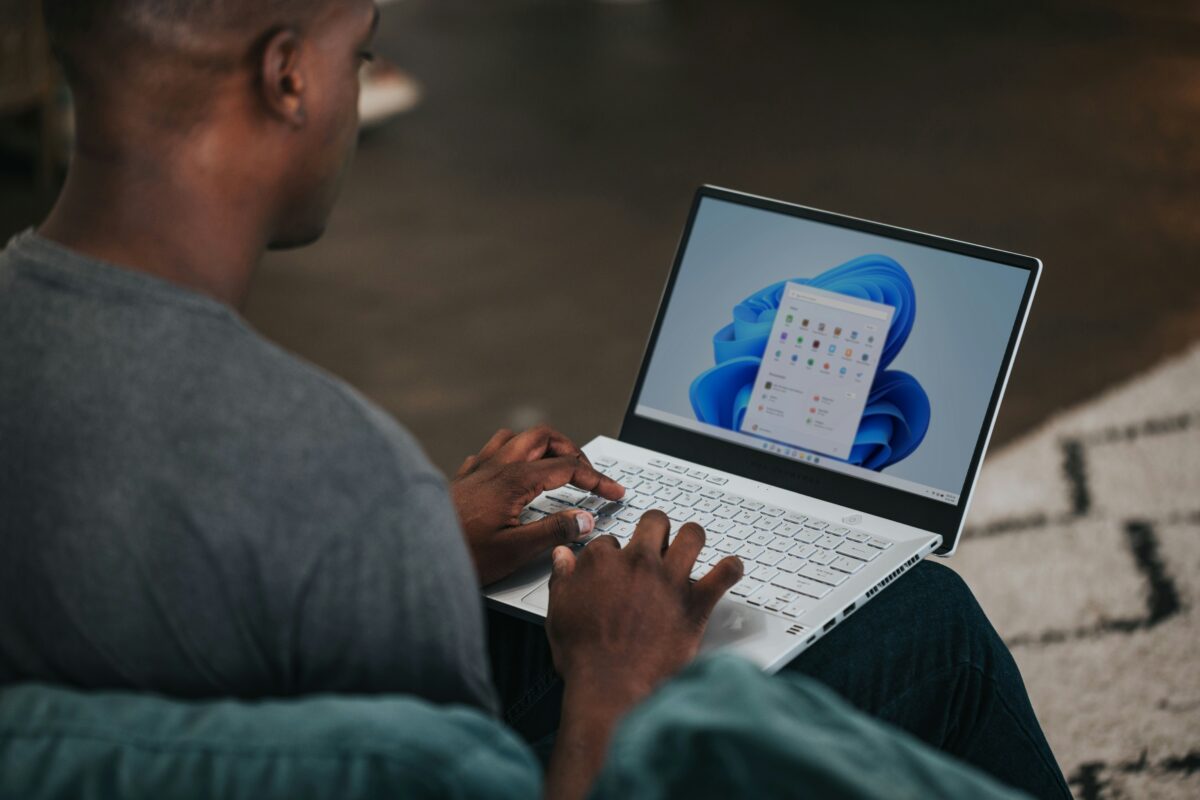When is an ad an advertisement and not a recommendation? Microsoft clearly likes to use the term recommendation for what others may see as an advertisement.
There are recommendations in the Start menu, Settings app, Lock screen, File Explorer, Get Help app, and other areas of the operating system already. These are often not that useful. App recommendations in the Start menu are limited to Microsoft Store apps.
Now, Microsoft is testing recommendations in the Microsoft Store app. If you never use the app, you won’t be exposed to these. If you do, you may notice recommendations popping up when you try to use the built-in search.
First spotted by phantomofearth on X, two or three recommendations are shown whenever search is activated in the official Microsoft Store app.



Microsoft put themselves in this position when they started giving out Windows 10 for free. It was effective in bringing most of the market onto the new version, but it set an expectation which it now feels like they can’t break, so they’re also giving Windows 11 away. Now to offset that missing revenue, they have to do something to extract value from users.
I don’t see how they could stop this without replacing it with something more exploitive.
Microsoft is the only company that charges for an operating system so frankly I don’t understand why they feel entitled to that income anyway
Google and Apple are definitely charging for that software development. In the case of Apple, it is being folded into hardware prices or used as a loss leader for pricy subscriptions / apps.
Google is also making a buck on subscriptions / apps, but instead of hardware, they’re also making money from licensing software to 3rd party Android manufacturers, and because Google gonna Google, they want that ad revenue.
And I would also argue that a lot of Linux distros make money from professional services and what not.
Most of the big boys aren’t doing the work for free
It’s effectively bundled with Apple hardware (which also dramatically lowers their development costs; they don’t support anything they don’t ship and are perfectly willing to abandon hardware once it no longer supports the level of hardware features they feel the new OS version needs). I’m not sure it’s that different.
Android is free (maybe? Do phone manufacturers pay for Google play branding?), but they make their money by having the lions share of software going through their storefront. Microsoft is never going to do that with Windows.
Back in the 90s Apple charge for OS upgrades. I saved my allowance money to get OS 8 and was super happy when I got OS X 10.2 for Christmas. Once they could reliably deliver upgrades over the Internet they stopped charging for it.
The story I always heard was that there were some weird accounting rules that were, if not codified legally, common practice at the time, that made the book keeping on free updates sketchier. But I don’t know about the validity of that.
I definitely don’t think “free” justifies any of Windows bullshit. I did pay for 10 (pro) for gaming several years back, but with the real emergence of proton the steam deck accelerated, I wouldn’t install windows on any of my systems for free now. They’re super hostile to users and are just assuming that inertia is good enough that they can get away with it.
You could say that about any product or service. “They don’t charge for a steering wheel on your car it’s bundled in.” But that’s not a useful or meaningful distinction.
The issue here is windows famously charged until very recently (and still sort of does) which distinguishes it from those that don’t charge.
But Windows is the product. Hardware is a small part of their revenue, and most of their install base is hardware that isn’t theirs.
MacOS is also part of Apple’s product, but they pretty much only sell higher margin premium hardware that both pays for and streamlines the OS development process.
Windows OS is not the product.
Yes, it absolutely is.
Microsoft put themselves in this position when they went against the open source movement.
It moves slowly but inexorably, and sooner or later Linux or another open source OS will take their spot on the desktop.